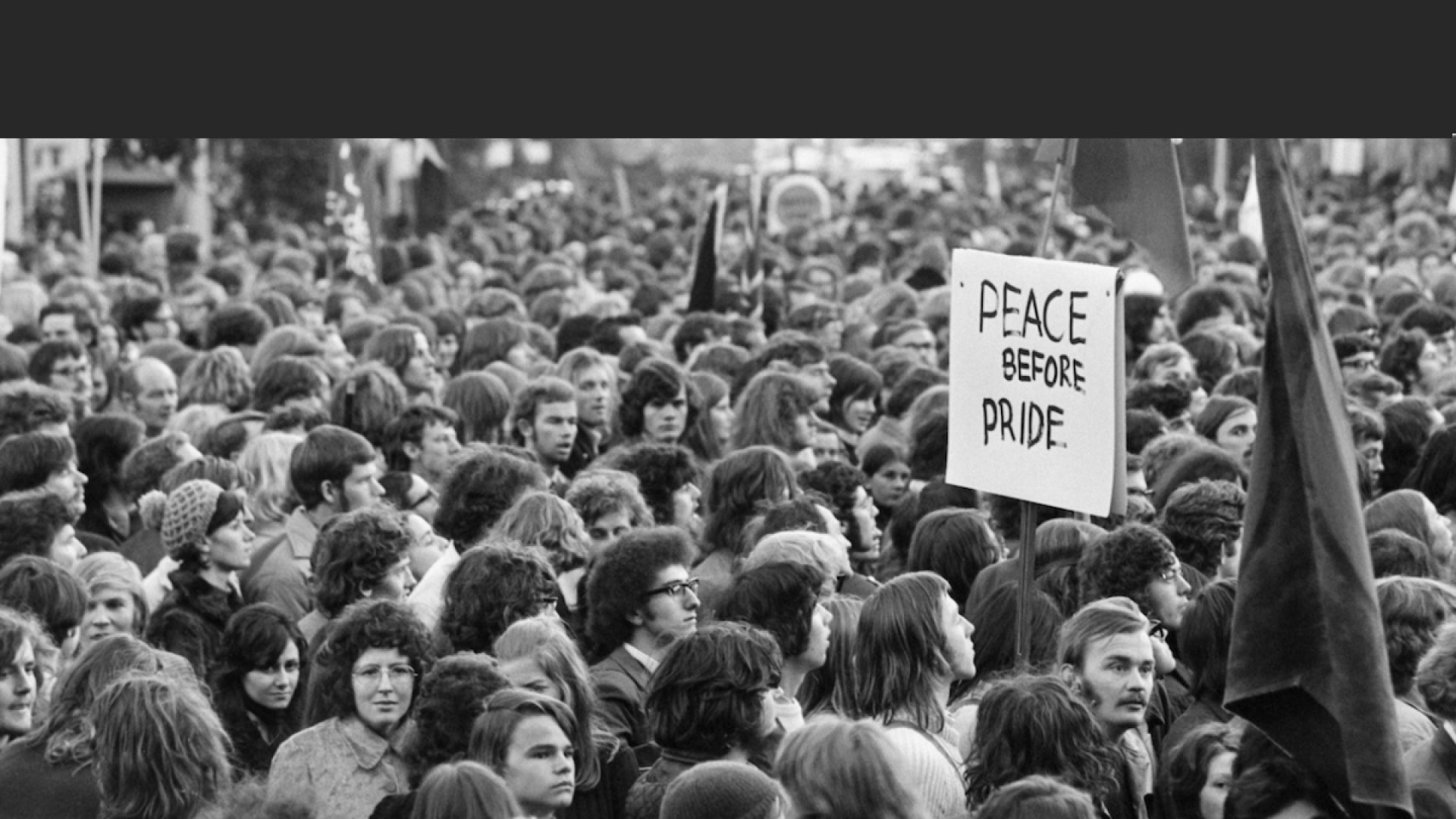‘The Victorian railways strike of 1950: a study in public sector enterprise bargaining before its time’
Geoffrey Robinson, Senior Lecturer in Politics at Deakin University.
Abstract
From 16 October to 8 December 1950 Victorian members of the Australian Railways Union (ARU) and the Australian Federated Union of Locomotive Enginemen (AFULE) stopped work. This was the longest railway strike in Victorian history. This article draws on the records of the Victorian railways and unions to explain this unusual strike in which for a time Labor ‘true believers’, Communists and even railways management found a common foe in the Australian arbitration system.
Suggested citation
Geoffrey Robinson, ‘The Victorian railways strike of 1950: a study in public sector enterprise bargaining before its time’, Provenance: The Journal of Public Record Office Victoria, issue no. 15, 2016–2017. ISSN 1832-2522.
Abstract
Songs and poems about work and working conditions in Australia provide a rich lode for the historian. This thesis examines the origins and uses of this lyrical material as an important part of the culture that influenced the way the Australian labour movement developed. Analysis of the one hundred and fifty songs and poems produced across a time frame ranging from colonisation to the Second World War and cited in this work reveals a long history of composition, publication and performance of this lyrical material. The material describes and argues a contending world view among organised workers, especially about rights and the way inequality affects those who labour. These popular vernacular narratives also indicate the transplanted culture of those who were transported to Australia and demonstrate the refashioning of this culture to meet the very different circumstances they faced in the new colony.
The Australian labour movement with its trade unions and political organisations, its banners, meetings, marches, speeches, its connections to similar movements overseas, its defeats and victories, has at its heart a significant tradition of working song and poetry. At the core of this lyrical material lies a determination to assert what power and agency is available in each period to gather support in order to bring about radical social change. Embedded in the songs and poems is powerful evidence for the historian of a rebellious tradition that proclaims working class attitudes and concerns. This thesis examines the provenance and the use of this lyrical material from the colonial beginnings to the Second World War, reflecting on its trajectory over time. Symbolically, it can be argued, this lyrical material reinforces the legitimacy of the rebellious traditions of the labour movement, essential to the legitimacy and agency of the movement itself. My aim in this thesis is to significantly expand our understanding of the role played by lyrical material in the Australian labour movement and how the existence and continued production of such material constitutes a heritage where meaning and values are always under discussion and are revised by continuous negotiation.
History from below encourages attention to the cultural traditions of the labour movement especially those that show a radical approach and determination to change class society, opening it up to embrace equality as fundamental. The Australian labour movement has proved itself capable of extending rights to benefit the whole of society, even overcoming its own prejudices in the process of exposing, challenging and often confounding self-interested hegemonic ruling power.
Suggested Citation
Mark Gregory, “Australian working songs and poems – a rebel heritage” (University of Wollongong, Unpublished PhD, 2014).
“‘It was all about the working class’: Norm Gallagher, the BLF and the Australian Labor Movement”
Aidan Moore, Victoria University
Abstract
The deregistration and dismemberment of the Builders Labourers’ Federation (BLF), which was executed by Federal and State Labor Governments, was one of the most significant events in Australian industrial relations history. The union and its general secretary, Norm Gallagher, continue to excite passionate debate whenever their names are invoked. Portrayed as the ugly face of trade unionism, Gallagher and the BLF provided national and state Labor Party reformers with a timely mechanism through which they could both assert their dominance over the Party and broaden its electoral appeal. This thesis incorporates BLF activities into the larger story of Labor Party transmutation that occurred between the 1960s and 1980s. By examining these shifts in the Labor Party through the prisms of Gallagher and the BLF, we can better understand Labor’s decision to deregister and ultimately destroy the union. The thesis argues that the trajectories taken by the BLF and the ALP were sufficiently divergent that conflict was inevitable. Drawing on a range of key sources, this thesis provides a new assessment of BLF deregistration, the schisms it opened up within both the Labor Party and Conservative interests, and the way in which destruction of a union represented a critical moment in Australian political and industrial history.
Suggested citation
Aidan Moore, “‘It was all about the working class’: Norm Gallagher, the BLF and the Australian Labor Movement” (Victoria University, Unpublished PhD, 2013).
Rupert Lockwood (1908-1997): Journalist, Communist, Intellectual
Abstract
This doctoral thesis explores aspects of the life, times, and career of Australian journalist Rupert Lockwood (1908-1997), variously journalist, commentator, author, editor, orator, pamphleteer, broadcaster, historian. During the Cold War he was one of the best known members of the Communist Party of Australia. Overall, this thesis contributes empirical knowledge and understandings to a number of aspects of Australian history: to labour movement history generally, to journalism history, and to intellectual histpory. In doing so it also contributes to the understanding of Australia between the two World Wars, and during the Cold War.
Suggested Citation
Rowan Cahill. “Rupert Lockwood (1908-1997): Journalist, Communist, Intellectual” (University of Wollongong, Unpublished PhD, 2013).
